Magazines list (50)
Sort:
Concrete
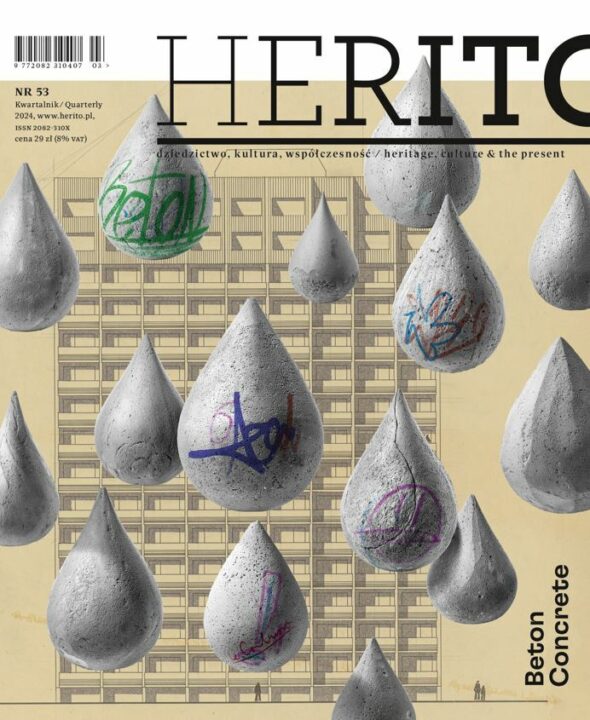
Two hundred years ago, Joseph Aspdin obtained the patent for the Portland concrete. This unassuming event laid the foundation for the giant revolution in the history of architecture, which changed the landscape of the whole world in the next century.
Premiere:2024
Conflicts of Memory
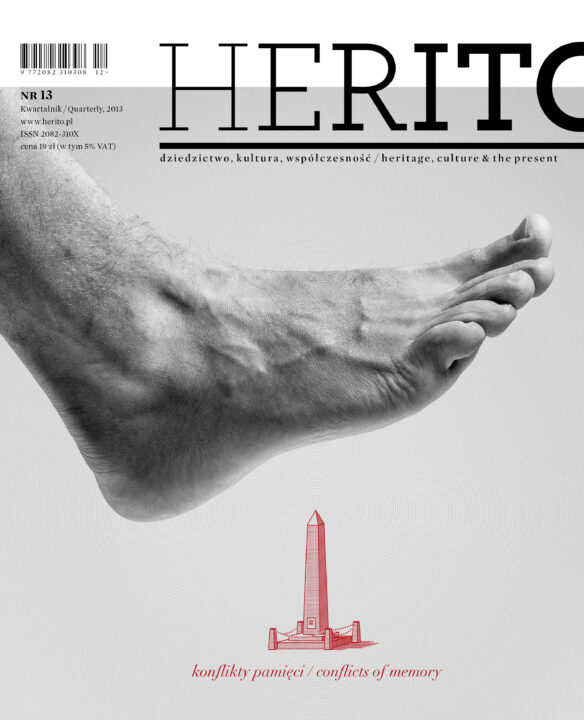
Each community devises specific modes of remembering, but also of forgetting uncomfortable facts. Ars memoriae and ars oblivionis constitute an inseparable pair. Common memory is a sphere that we reconstruct anew every day, even though people claim that the essence of their identity is unchanging. While history itself is a closed structure, memory is open both to individuals and to the collectivity. Collective memory reconstructs rather than registers the past; and memory is not necessarily explicit.
Premiere:2013
Croatia in Europe
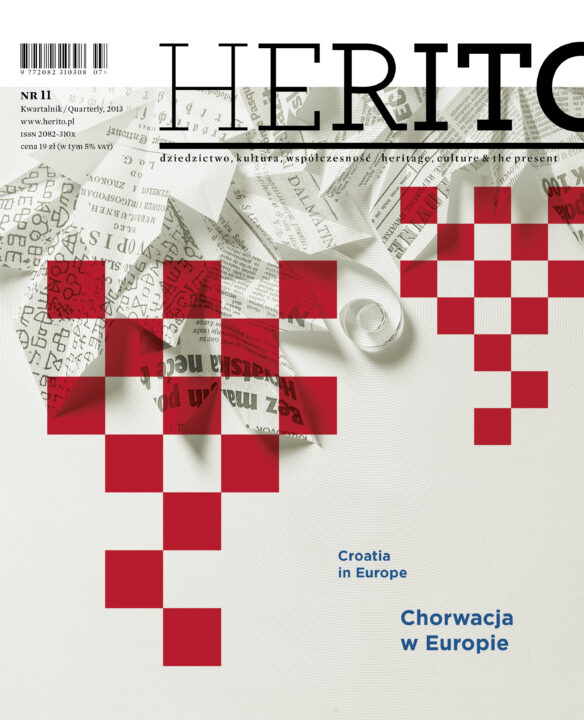
The success of its European integration does not remove certain important questions from the horizon. Who do the Croats feel themselves to be? What is national identity, and is there any sense in discussing such a construct at all? Where is the boundary between “past” and “present”? Should the Yugoslavian idea be filed in the archives of history once and for all? And what role will fall to the Croats in a crisis‑racked Europe?
Premiere:2013
Culture and Politics
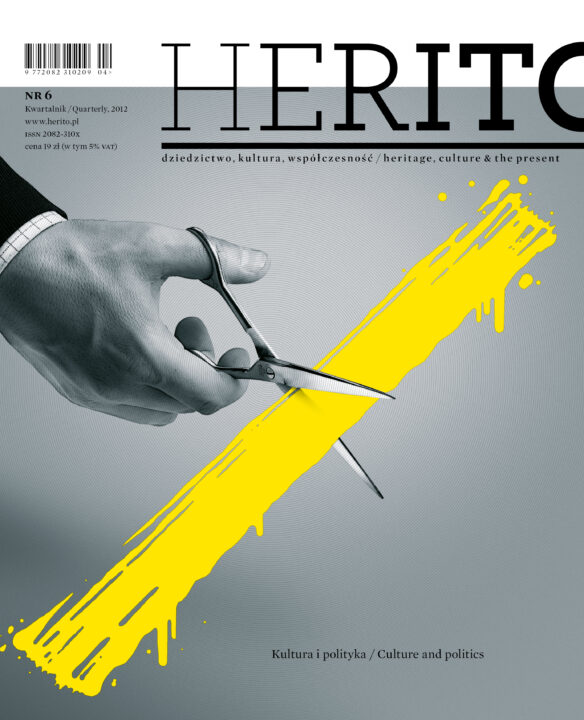
The history of humanity provides enough proof for what can be called the principle of support. Artists have supported many a regime with their talents. On the other hand, the fall of many a tyrant would not have come about without them. What is more, the power of art can be as attractive as any other form of power. To provoke thought, we take a look at the marriage of culture and politics in its different forms, today and in the past.
Premiere:2012
Danube – River of Memory
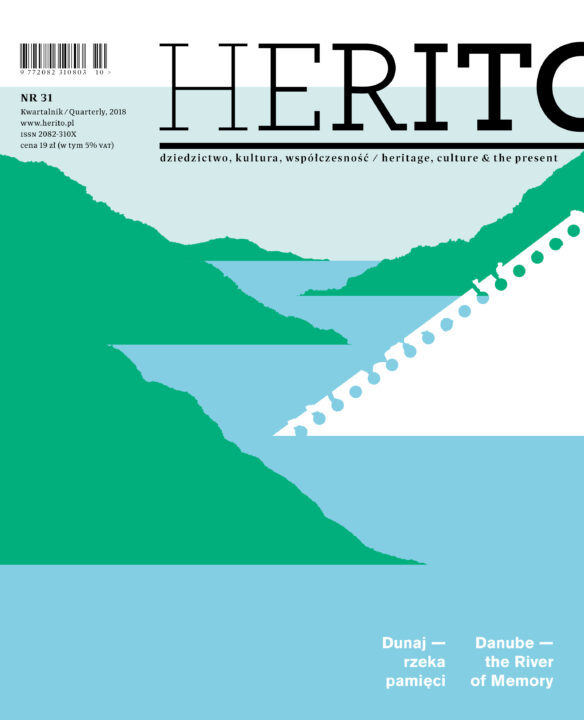
The Danube is not only the longest European river, flowing through ten countries, but above all a monumental medium of historical, collective, and cultural memory. Its waters reflect the history of Europe, from the antiquity, when it marked the northern frontier of the Roman Empire, through the dramatic period of the Second World War, until today.
Premiere:2018
Dissonant Heritage of Central Europe
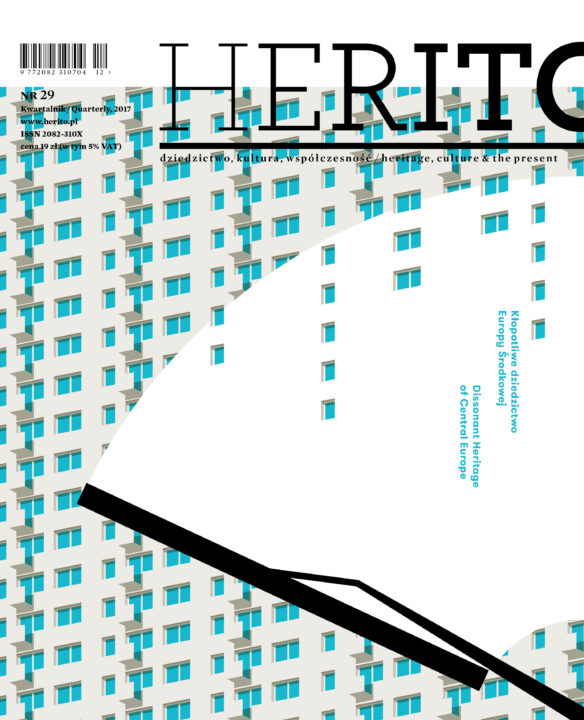
Should the Palace of Culture and Science in Warsaw be preserved or demolished? How to address the dissonant heritage of death camps and monuments to the Red Army? What is the secret to the phenomenon of some “large plate” tower blocks and Socialist Realist architecture? Are we willing to take responsibility for the entirety of material inheritance passed to us by older generations regardless of their national or ideological connotations? Authors featured in the 29th issue of “Herito” quarterly seek answers to these difficult questions.
Premiere:2017
Estonia
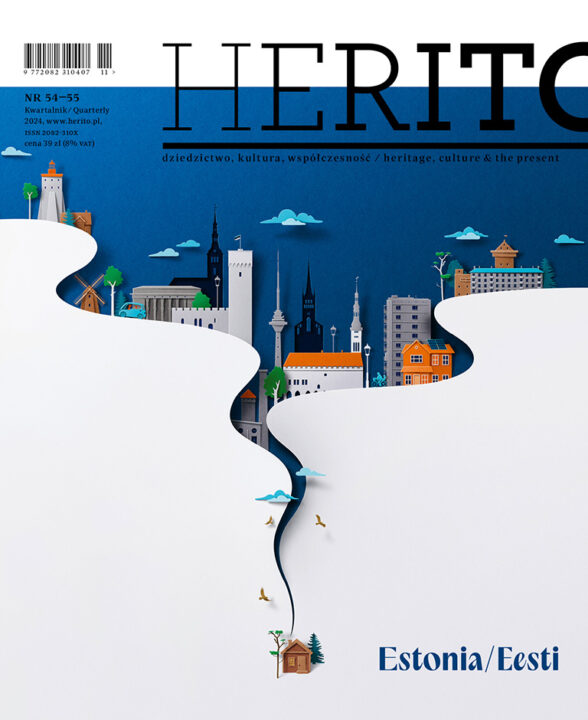
Estonia, the smallest of the Baltic countries, is an example of a country that, after gaining independence in 1991, quickly found its own path of development. It is a leader in digital innovation in the European Union and a country with a booming economy, which at the same time cares for its rich cultural and natural heritage.
Premiere:2024
Europe and the East. Decade of the Eastern Partnership
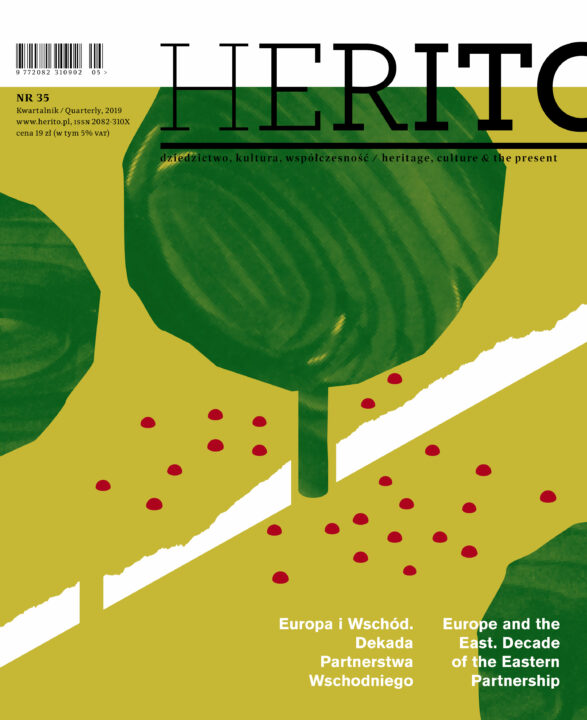
Has the East ceased to interest the West and how has the “new East” been defined after the political transition of 1989? What was the role of the Dnieper in the formation of the Ukrainian national identity and why is the future of this country dependent on this river?
Premiere:2019
Europe on a Plate
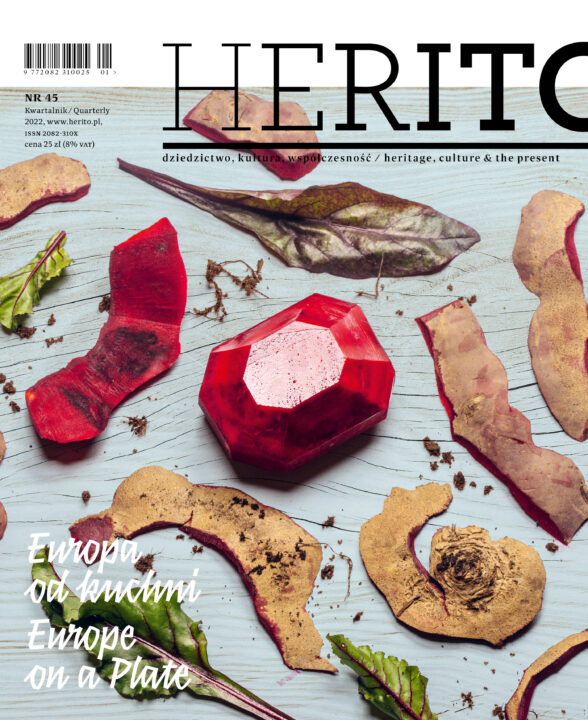
Are dumplings, bigos, or ordinary beetroots elements of our cultural heritage? Certainly, yes. "Our tables and menus reflect the entire history that swept across the continent as well as its cultural changes" writes Professor Jacek Purchla in his introduction to the recent issue of “HERITO” magazine. The potato decrees of Frederick II the Great had the same importance for our heritage as the Turkish expansion in the Balkans.
Premiere:2022
European Year of Cultural Heritage 2018
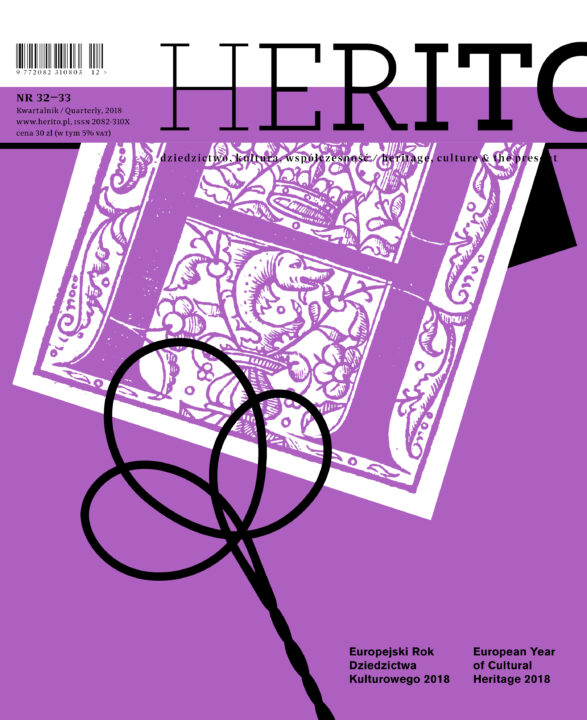
What will remain after the European Year of Cultural Heritage 2018? How to talk about history and memory to build bridges rather than consolidate existing divisions? Where lies the key to formulating an inclusive European narrative that would express the experience of new Central European member states? Why does heritage mean people and what is the direction in which contemporary heritology will develop?
Premiere:2018
Copyright © Herito 2020
